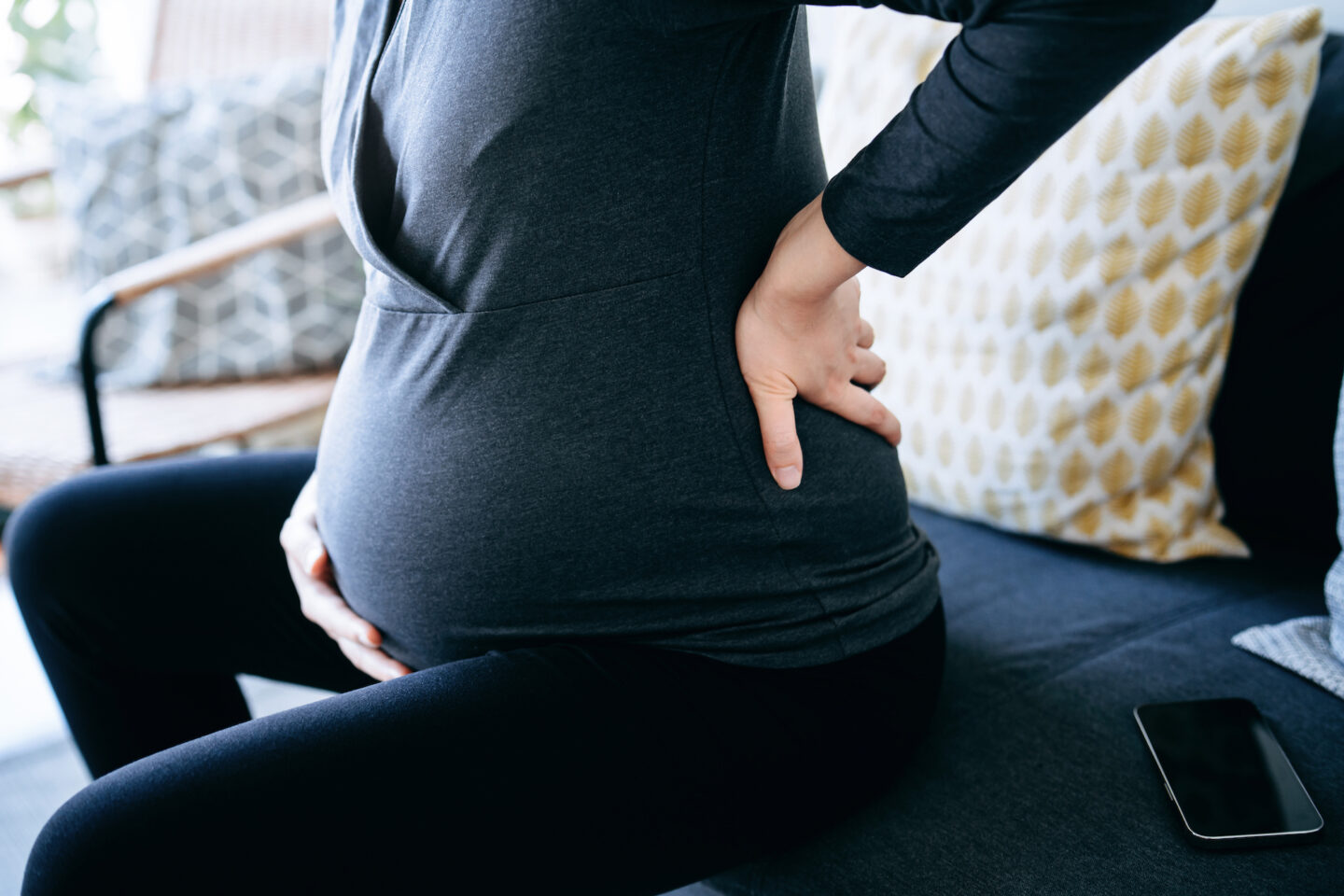A primer on these addictive drugs and how they affect pregnant women.
Opioid use disorder is a substance use disorder characterized by having cravings and/or dependence on opioids, which can lead to serious potential negative consequences. The disorder affects people across all income statuses, ethnicities, genders and localities. Whether you realize it or not, you probably know someone struggling with opioid use disorder, even using opioids during pregnancy.
Unfortunately, the numbers are staggering. In Tennessee alone, there were 2,388 opioid overdose deaths and 824 babies born with neonatal abstinence syndrome in 2020. We know that the use of opioids during in pregnancy is associated with adverse maternal and neonatal outcomes.
I am part of a team of health care providers offering prenatal and postpartum care with treatment for opioid use disorder for women facing this dual challenge. Here I discuss some of the basics when it comes to opioid use disorder and pregnancy.
What exactly are prescription opioids?
Prescription opioids are painkillers you may be prescribed if you’ve been injured, have chronic pain or had a surgery. Some common prescription opioids include hydrocodone, oxycodone, codeine, fentanyl, hydrocodone, methadone and morphine. These should only be taken for a short time as prescribed by a doctor.
Opioids can make people feel very relaxed, which is often why they are used for non-medical reasons. People can then become dependent on them because they want to repeat the experience. They start to be misused when people take them more and more often. In some cases, people will crush pills and snort the powder or dissolve the powder in water and inject the liquid into their veins. Some people eventually switch to heroin, an illegal opioid that has no medical use, because it is cheaper.
Why are opioids dangerous?
Opioids are highly addictive. Addiction affects your self-control and your ability to stop taking the drug which can lead to overdose and potentially death.
Opioids during pregnancy can cause many problems, including preterm labor, premature rupture of membranes, growth restriction (small babies) and neonatal abstinence syndrome (withdrawal). Neonatal abstinence syndrome is caused when babies withdraw from certain drugs they are exposed to in the womb before birth.
How is opioid addiction treated in pregnant women?
The current standard of care for pregnant women with opioid use disorder is maintenance-assisted treatment. Simply put, patients are taken off “street” opiates and placed on a controlled, prescribed opiate. The health team tries to provide structure, health, accountability, counseling and a familiar face amid the chaos going on in their lives.
This strategy can replace the stress to mother and baby from the vicious cycle of getting high and withdrawing. Other goals of maintenance-assisted treatment are to reduce the risk of overdose, the risk of the baby going through withdrawal, the risk of Hepatitis C from IV or intranasal drug use, and the safety risk associated with obtaining illegal drugs. The medications typically used for treatment are buprenorphine or methadone. They have many properties that make them safer than street drugs. Ultimately, the goal is to stabilize these women’s lives around opiates while the rest of their world is rehabilitated.
This process can be long — much longer than pregnancy — because behavioral therapies are also essential to help these individuals modify their attitudes and behaviors related to drug use. As with all chronic disease, there is not an easy, single cure to opioid use disorder. The path to wellness for mothers and their babies requires more than medication alone.
This post was submitted by Dr. Reesha Sanghani, an OB-GYN with Vanderbilt Center for Women’s Health. Dr. Sanghani specializes in high risk-maternity care and sees patients at Vanderbilt’s Firefly Clinic, a clinic specially designed for expecting mothers receiving substance use recovery treatment.

Treatment with dignity and respect
The Vanderbilt Maternal Addiction and Recovery Program combines stigma-free prenatal and postpartum care with treatment for opioid use disorder and other substance use disorders for women facing the dual challenge of pregnancy and recovery in Middle Tennessee. Phone: 615-343-5700.

